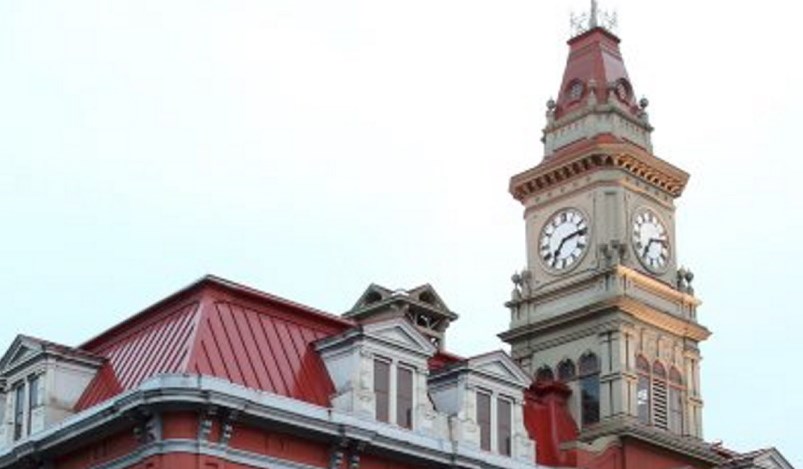If letters to the Times Colonist are anything to go by, quite a few residents are upset with Victoria city council. The feeling among these people seems to be that council has lost sight of the broader needs of the community, focusing instead more narrowly on the wishes of interest groups.
Destroying parking spots on lovely Dallas Road, as proposed under the sewage-treatment project, or turning major thoroughfares into demolition derbies between cars and bicycles come to mind.
The question is what can be done. While municipal elections in Victoria haven’t been party-based affairs, the fix is usually in.
During the last election campaign, four of the nine councillors received funding from CUPE Local 50. Two raised almost half their cash from the union.
With the introduction of legislation limiting union and corporate contributions to municipal politicians, the role of money becomes less important. But let’s be clear.
Large interests, whether corporate or labour, know who their friends on city council are. And they know how to get out the vote.
In an election in which only a minority of qualified residents will go to the polls, that gives a significant advantage to the favoured sons and daughters of CUPE and its like.
In the 2014 Victoria municipal election, the total number of ballots cast was 24,665, or about 40 per cent of eligible voters. That means 44,959 residents didn’t bother to turn out.
But it also means a lot of votes were wasted. While 32 candidates ran, only nine were elected.
Most of the contestants never had a chance. Yet all told, the 23 losing candidates still gained more than 30 per cent of the ballots.
What would it take to convert those wasted votes, plus the 44,959 that weren’t even cast, into an electoral tsunami?
Here is one possible solution: A group calling itself NewCouncil.ca has formed with the idea of running a slate of candidates to oust the current council.
In essence, that would mean a departure from tradition. Although the Local Government Act permits civic parties — Vancouver employs this model — candidates in Victoria have usually run as individuals.
Whether we want to make this change a permanent feature is a good question.
But the advantage, at least this time around, is that it gives every voter fed up with council an opportunity to do something about it.
There are respectable arguments against groups such as NewCouncil.ca. First, by attempting to chuck everyone out, they draw no distinction between councillors with respectable records (I count at least two), and the others. That’s regrettable, but unfortunately, as things stand, hard to avoid.
Second, this is more than a little nihilistic. Shouldn’t a slate of candidates stand for something more than just cleansing the stable? Preferably yes, but again, this is not an ideal situation.
Third, by adding another nine candidates to an already crowded ballot, aren’t you simply dividing the vote even more widely, allowing the current council to cling on?
Yes, if that’s all that happens. But if these candidates run as a group — in effect an alternative council-in-waiting — they become a magnet for the disaffected.
Even if the project doesn’t succeed, it might still act as a deterrent to some of the dafter stuff we see on too frequent a basis. All of a sudden, councillors might give some of these schemes a second thought. Or better still, a first thought.
As things stand, the majority of the present council are well-nigh bulletproof. Their friends in the labour movement and well-organized interest groups will see to that.
If voters want change, it will take an equivalent level of organization. We’ll see if NewCouncil.ca can achieve that.



